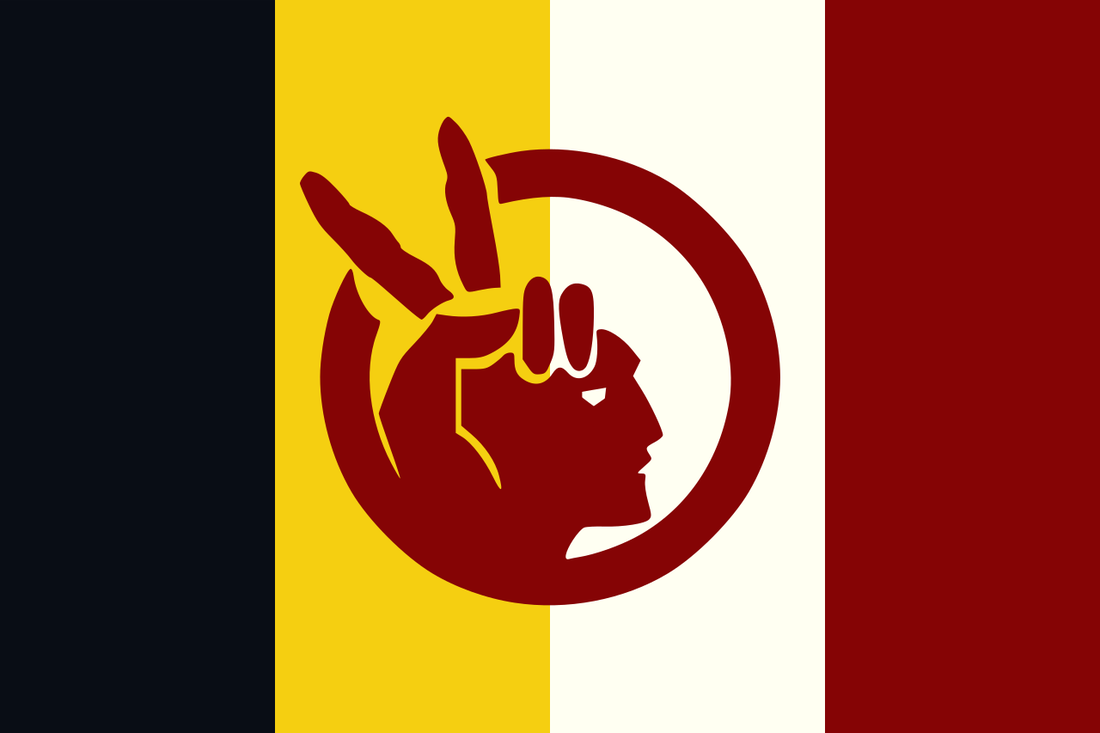The Wounded Knee Occupation began on February 27, 1973, when approximately 200 Oglala Lakota (sometimes referred to as Oglala Sioux) and followers of the American Indian Movement (AIM) seized and occupied the town of Wounded Knee, South Dakota, United States, on the Pine Ridge Indian Reservation. Friar |
Paul Manhart S.J. and ten other residents of the area were apprehended at gunpoint and taken hostage. The protest followed the failure of an effort of the Oglala Sioux Civil Rights Organization (OSCRO) to impeach tribal president Richard Wilson, whom they accused of corruption and abuse of opponents. Additionally, protesters criticized the United States government's failure to fulfill treaties with Native American people and demanded the reopening of treaty negotiations to hopefully arrive at fair and equitable treatment of Native Americans.
0 Comments
Leave a Reply. |
CTROL BlogThis blog will be used by Center Staff to post articles addressing issues concerning the Rule of Law and how it is taught and understood in our communities, nation, and world. Categories
All
|

 RSS Feed
RSS Feed